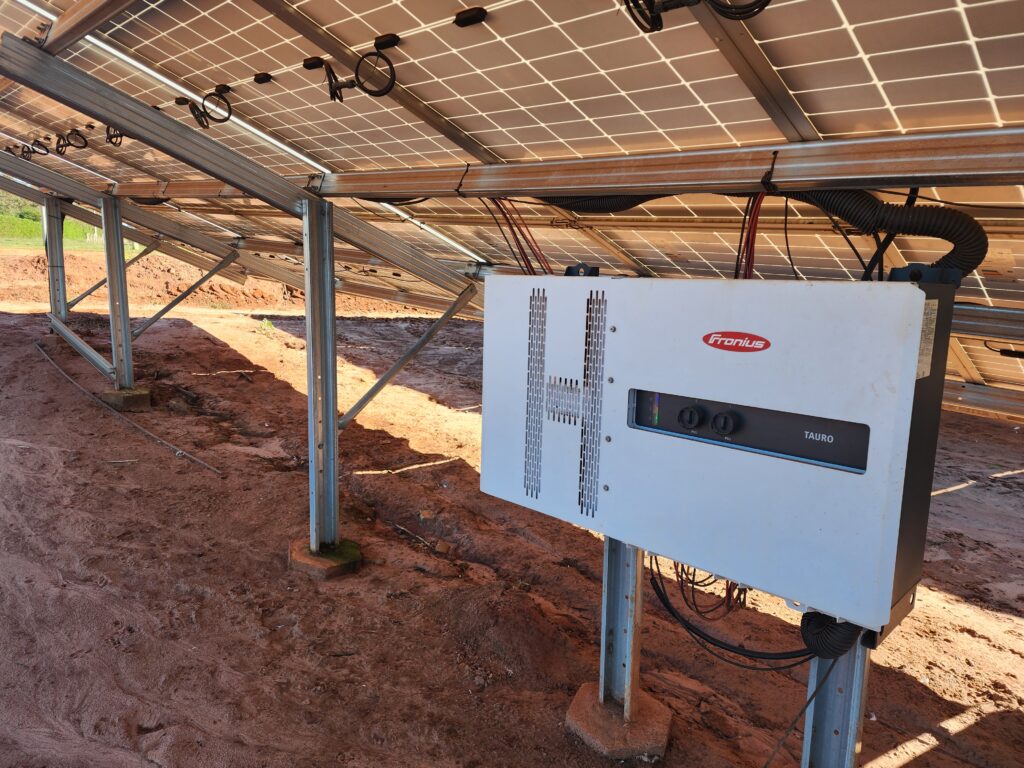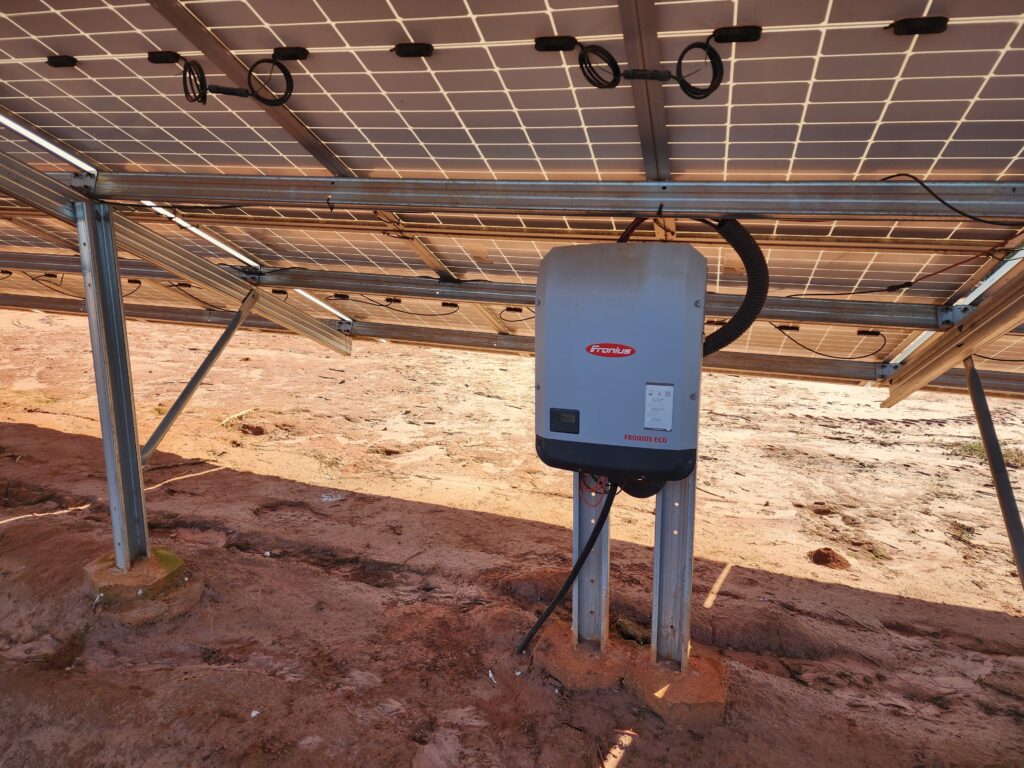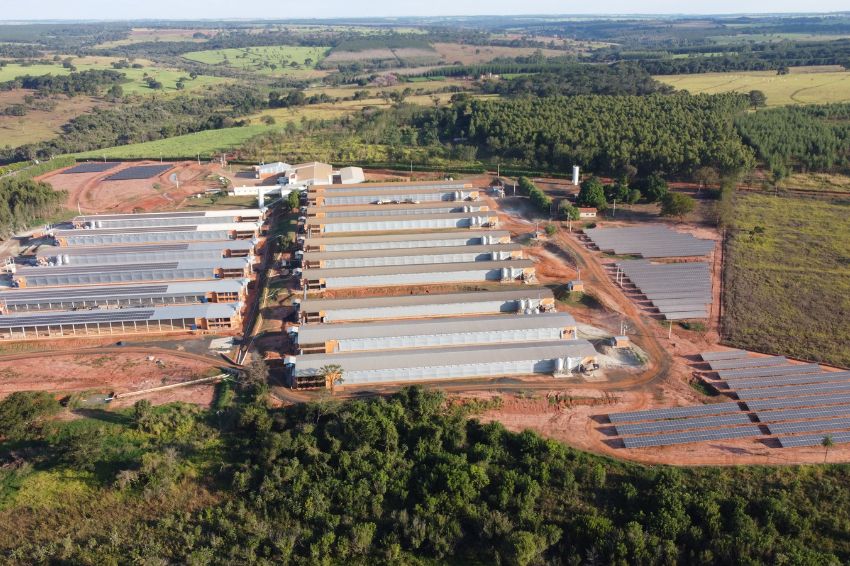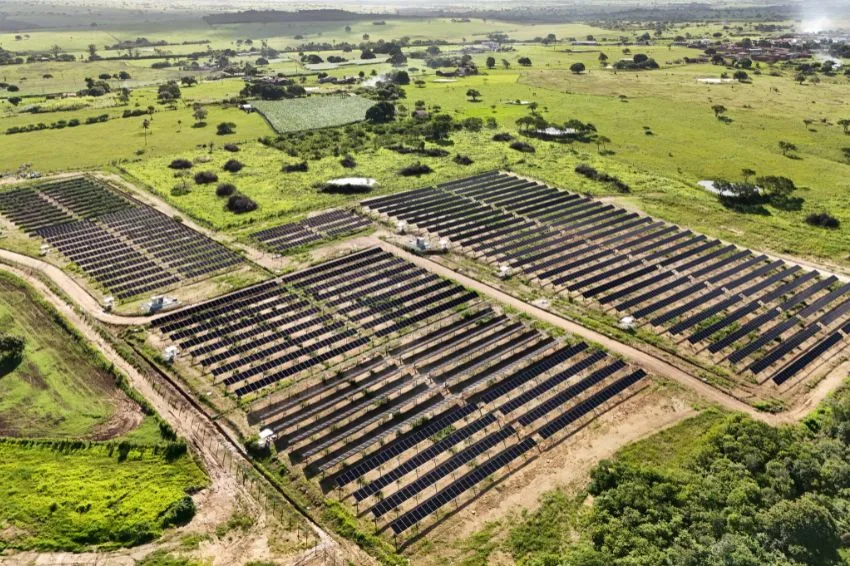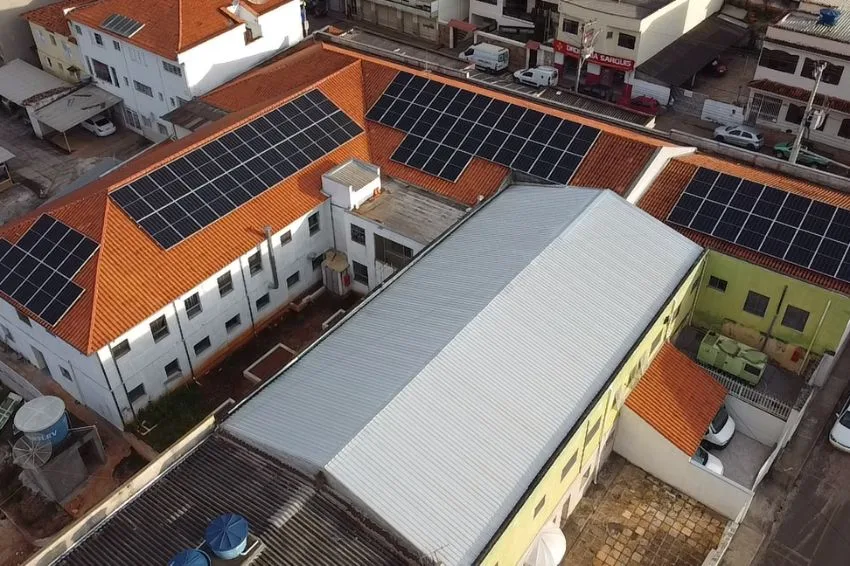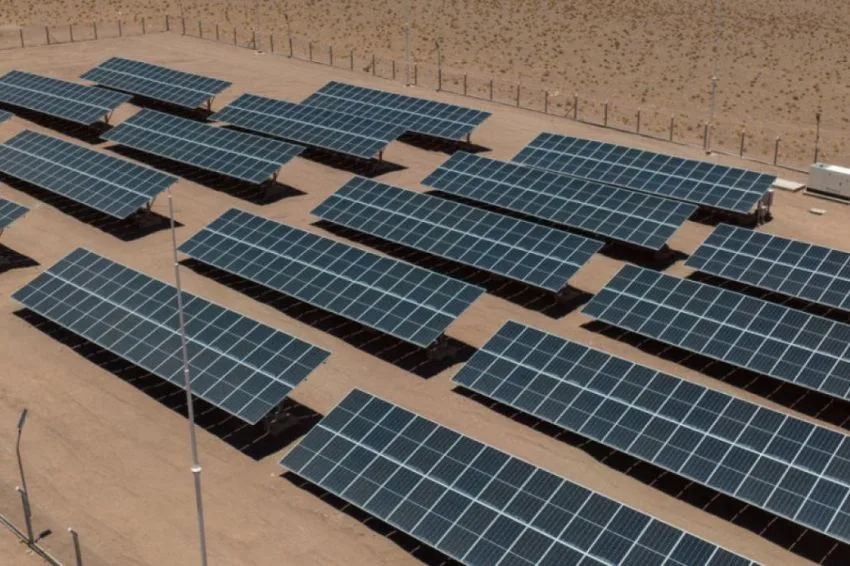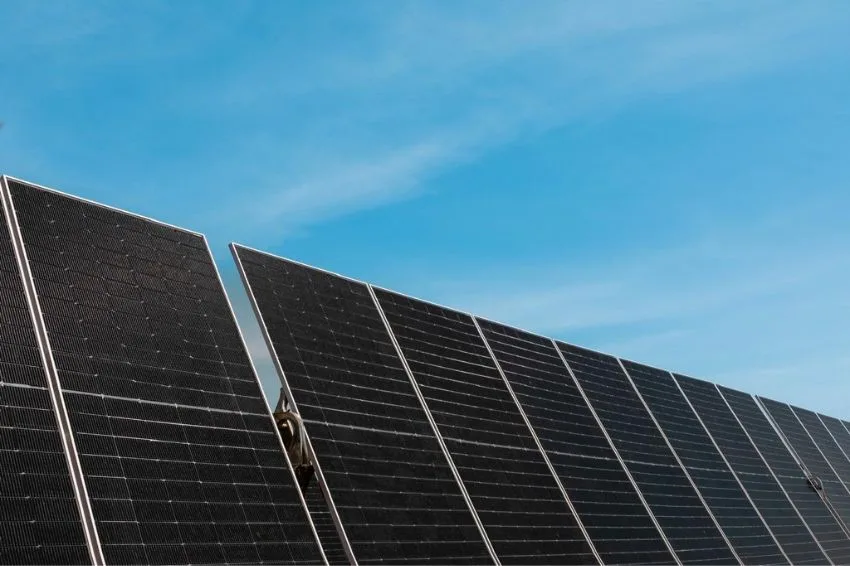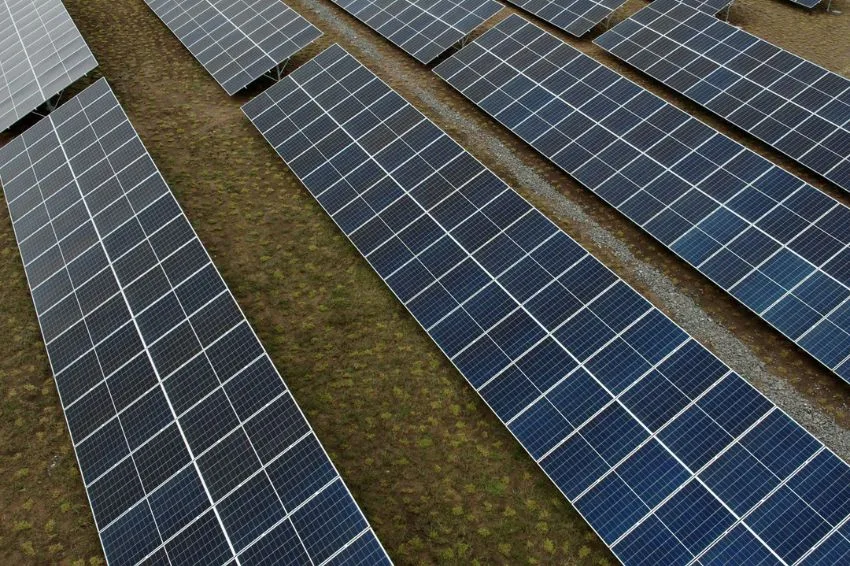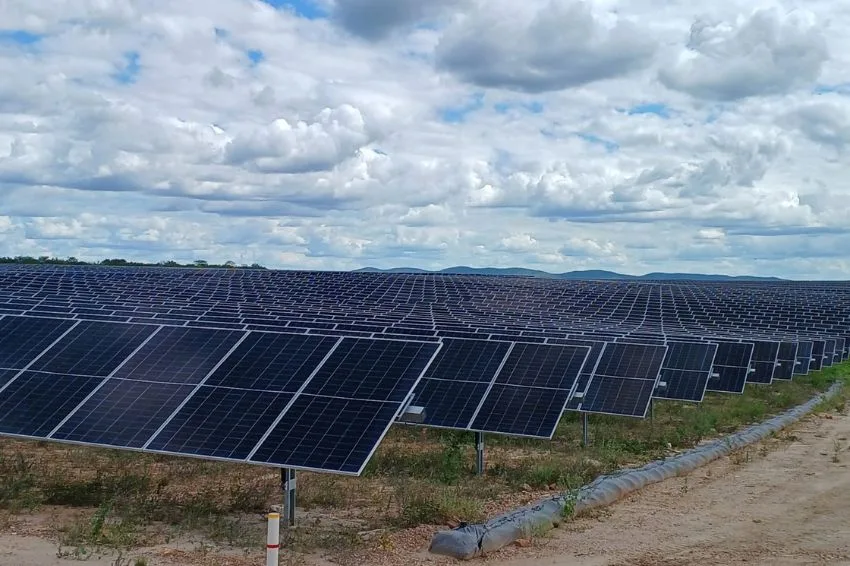The company Earth Eggs, located in Mirassolândia (SP), which produces more than one million eggs per day, invested in a hybrid solution from the DEIF, which integrates utility grid, solar energy It is diesel generators.
The goal is reduce fuel costs during frequent power outages. This system makes it possible to operate the generator with the photovoltaic system without connecting to the utility company.
According to Carlos Alberto Parolari, CEO of Luz Sol Energia Solar, responsible for the project, with the DEIF system it was possible to configure the operation of the emergency generator to operate with the plant during a utility failure.
In the event of a failure, the emergency generator comes into operation as a network generator for the plant. The DEIF controller, in this case, manages its power, close to 30%, prioritizing maximum photovoltaic generation.
This is a pilot system composed of a cell (generator, solar, grid and two poultry sheds) that is already in operation, providing monthly savings of R$ 3 thousand in fuel, not yet including the costs of maintenance, lubricating oil and filters . The project is expected to be expanded to the other eight cells, generating monthly operational savings for the plant of R$ 27 thousand.
“In this project, the client faced problems with the electrical grid, which suffered frequent interruptions due to its rural location. When the grid failed, the diesel generator was used as a backup, but the solar plant was inoperative, resulting in high fuel consumption,” Parolari said.
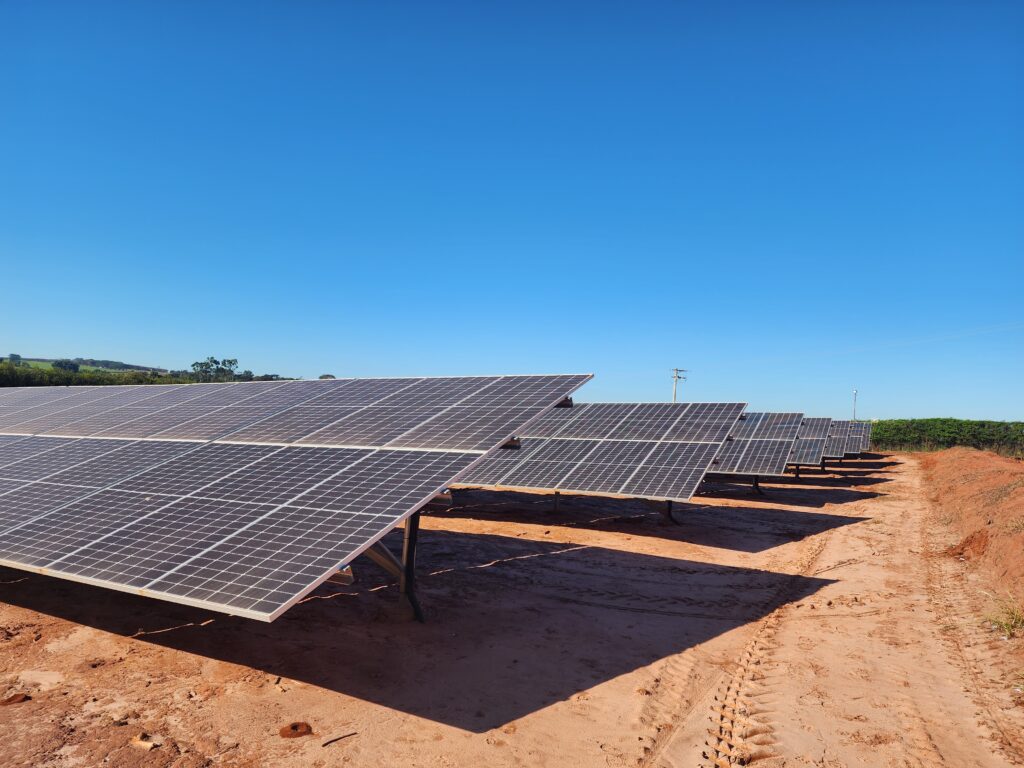
“On hotter days, the generator operated under overload conditions, with a risk of overheating. Without electricity, the automated egg separation process would be impossible, directly affecting customer productivity,” he reported.
Another critical factor, according to him, was the temperature control of the poultry houses, which depend on electrical energy to maintain controlled climatic conditions and avoid high bird mortality.
Given this scenario, the executive stated that DEIF's hybrid project was the ideal solution, resulting in fuel savings, reduced carbon emissions and greater sustainability.

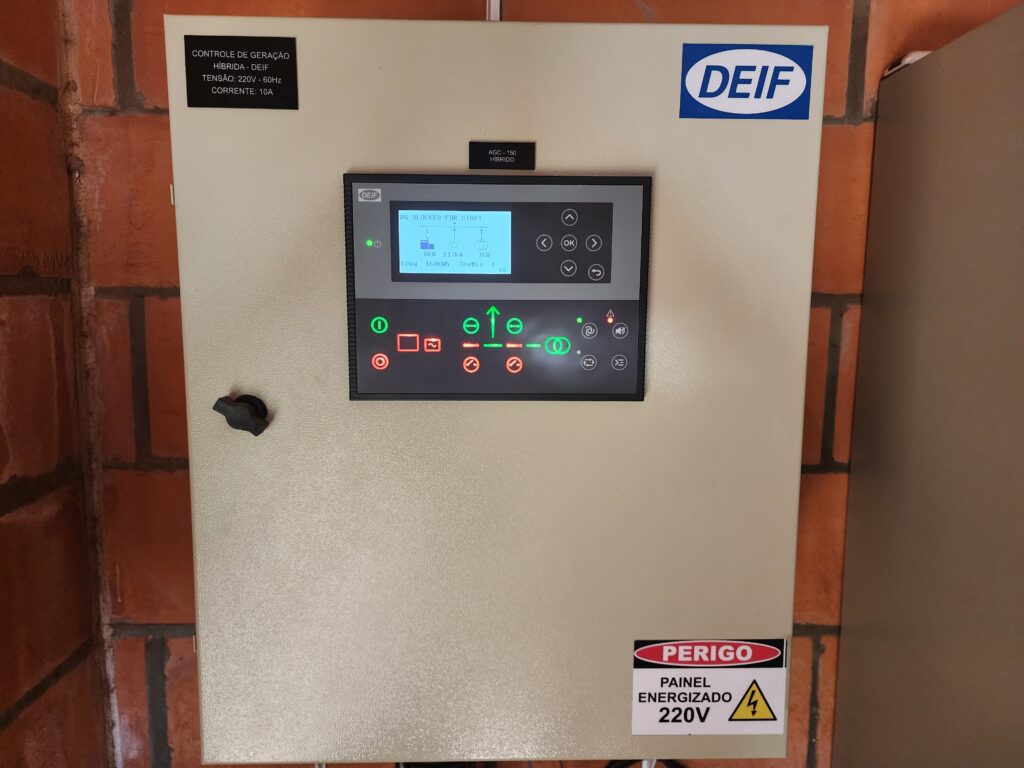
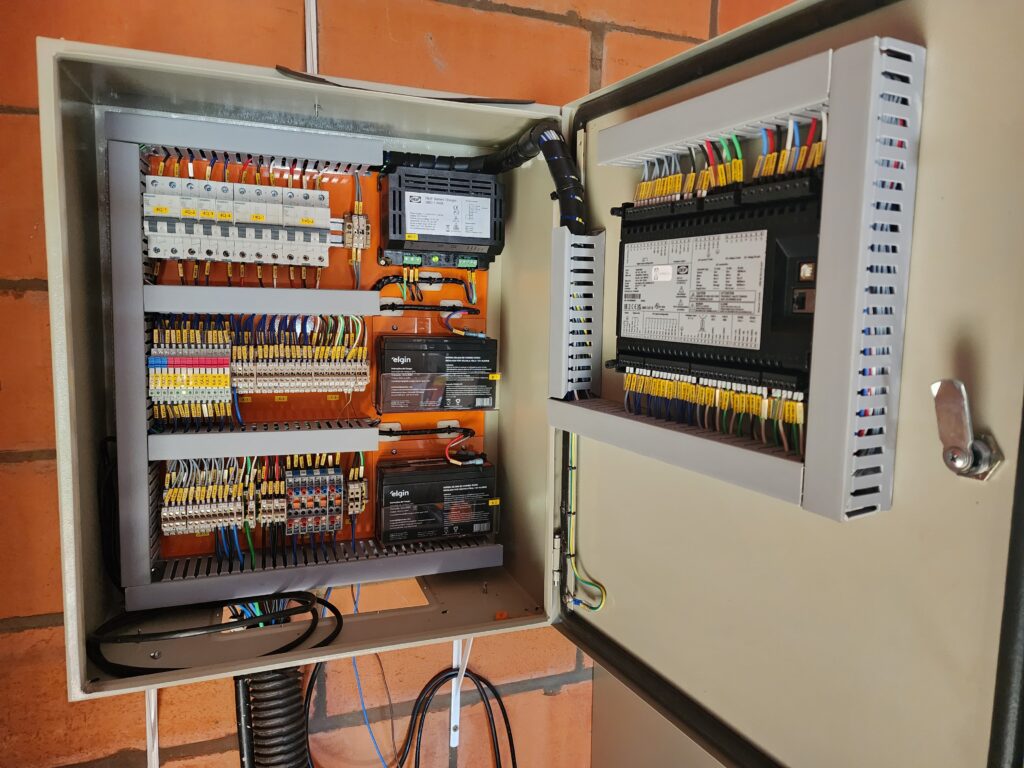
Project details
In total, 504 455 W modules from JA Solar were installed to build the plant, which has 229.32 kWp. Monthly generation is 27,000 kWh, equivalent to 70% of customer consumption.
In addition, the project has three 50 kW Fronius Tauro inverters and a 25 kW Fronius Eco inverter; a 260 kVA generator.
The DEIF management system performs all automatic operations using only an AGC-150 Hybrid controller and the electrical protection of the connection to the utility, over/undervoltage 59P/27P; over/underfrequency 81O/81U; VECTOR JUMP 78 and DF/DT ROCOF 81R.
It also has a DEIF, DBC-1 2405 battery source/charger that maintains the back-up system with batteries to power the panel.
For more information visit the link.
